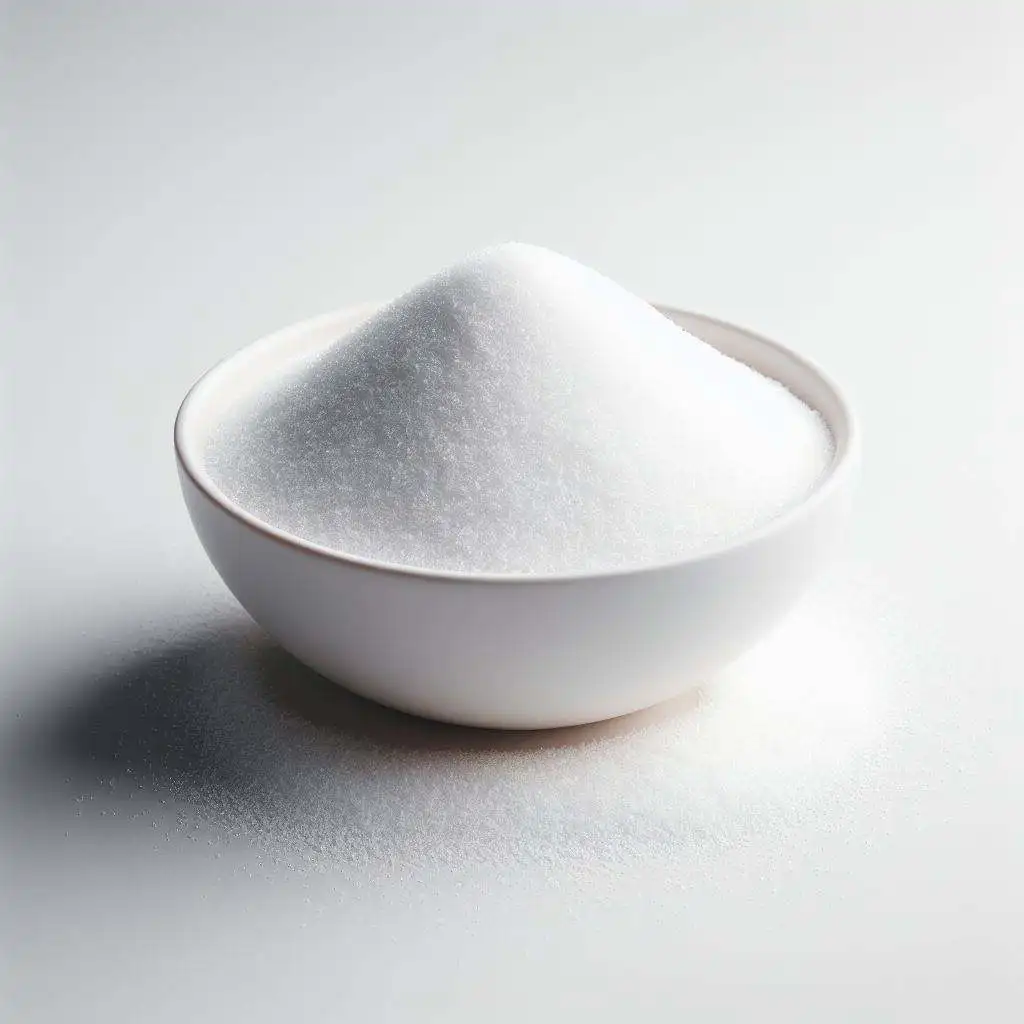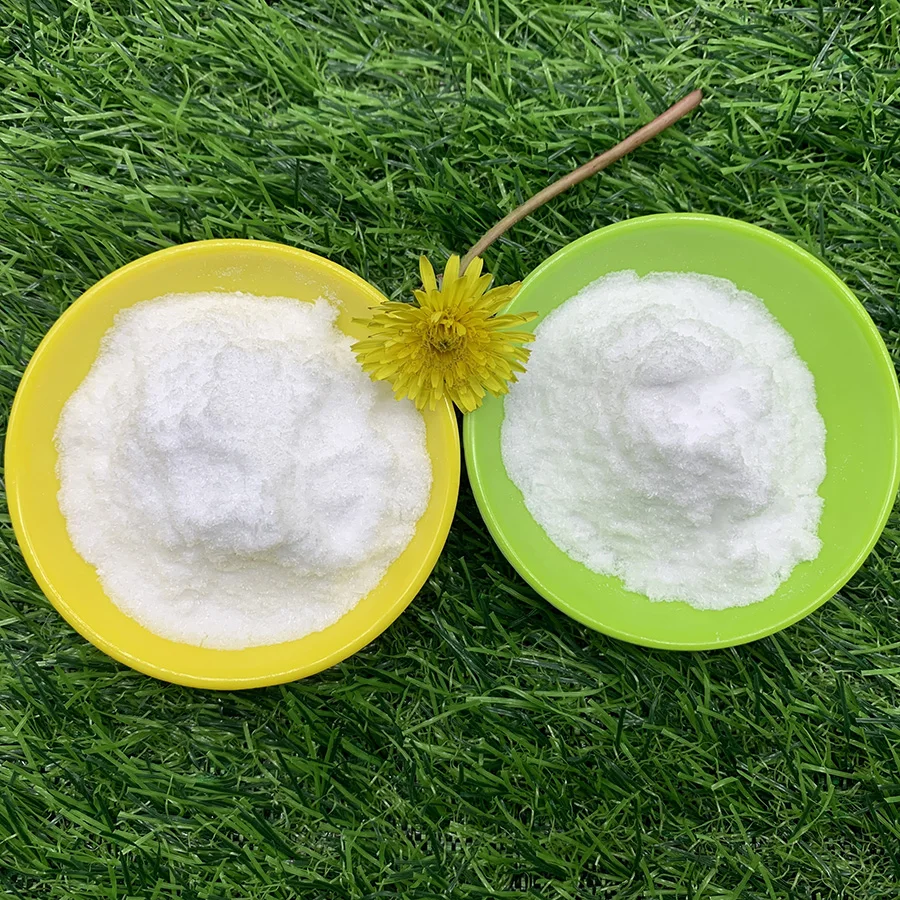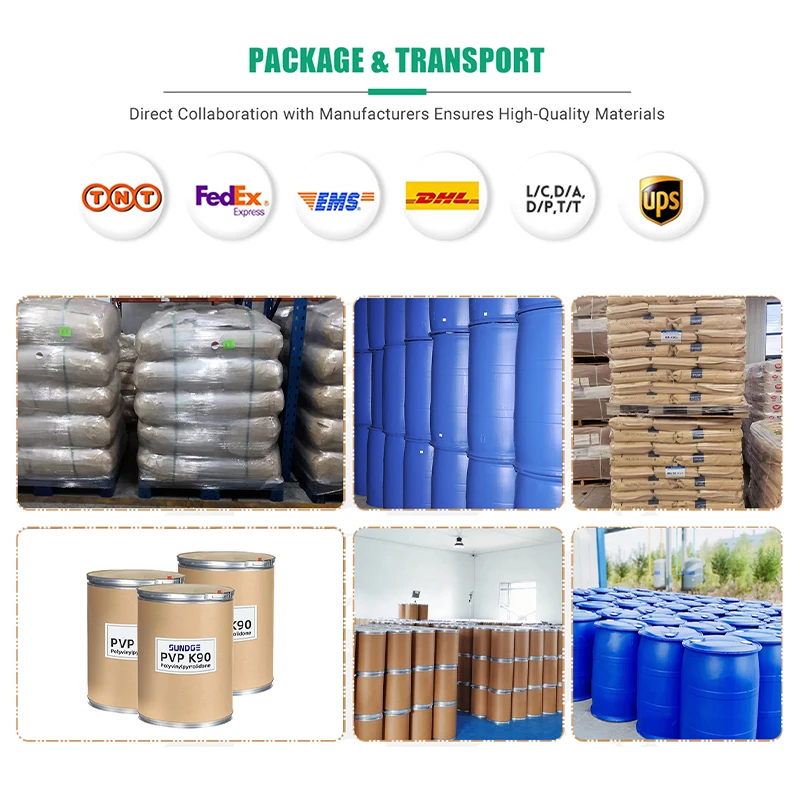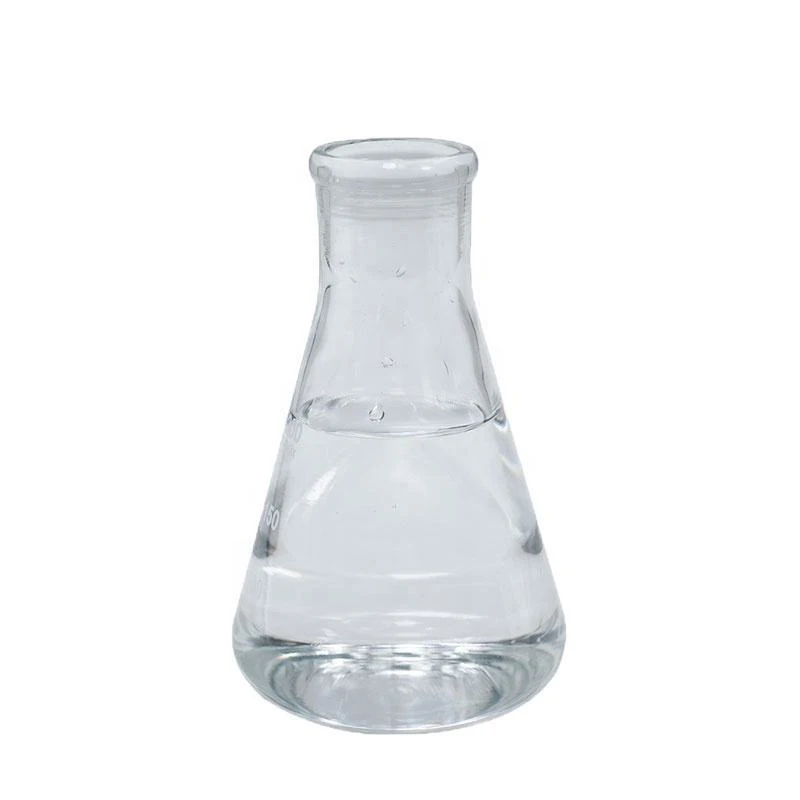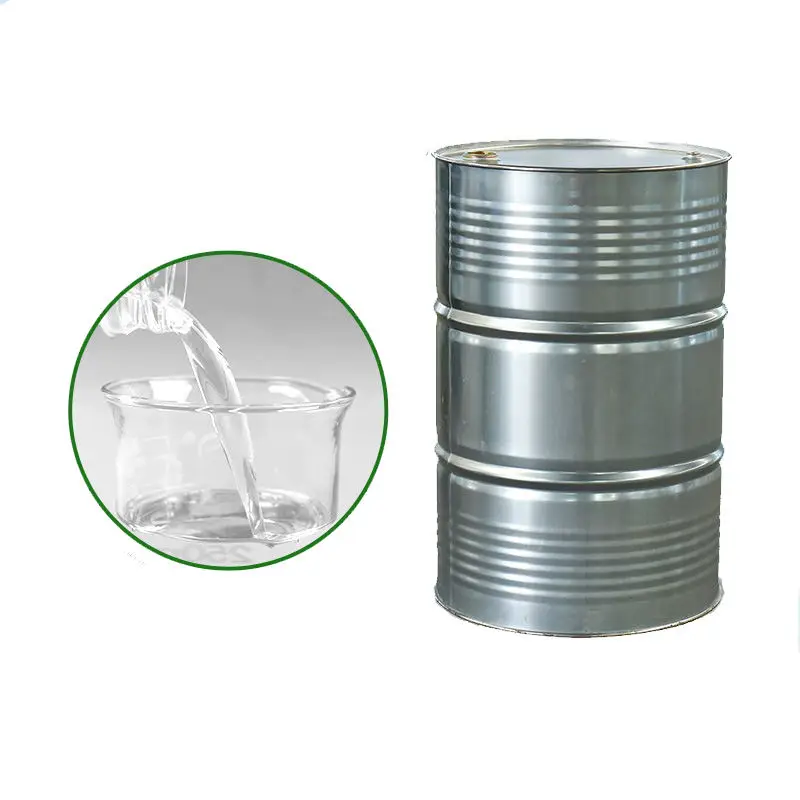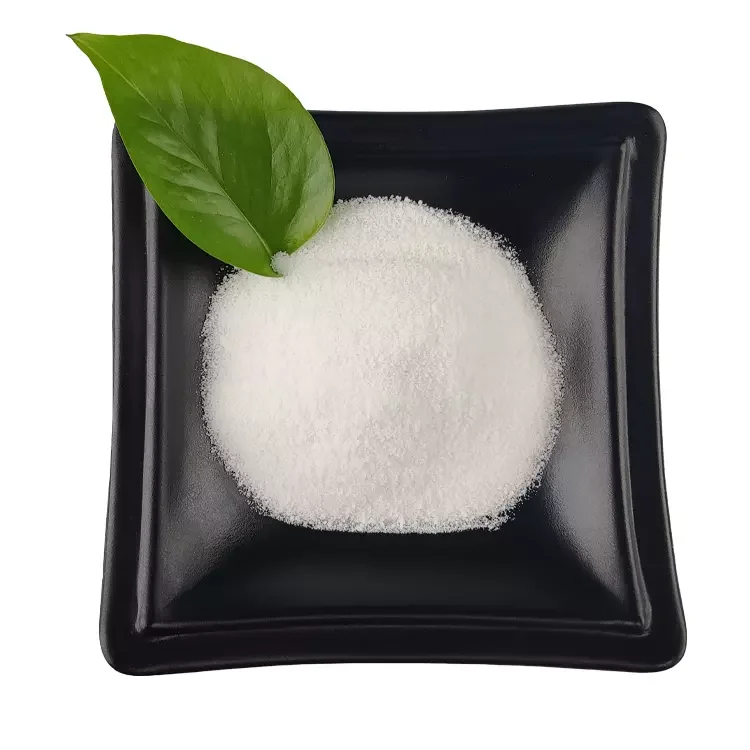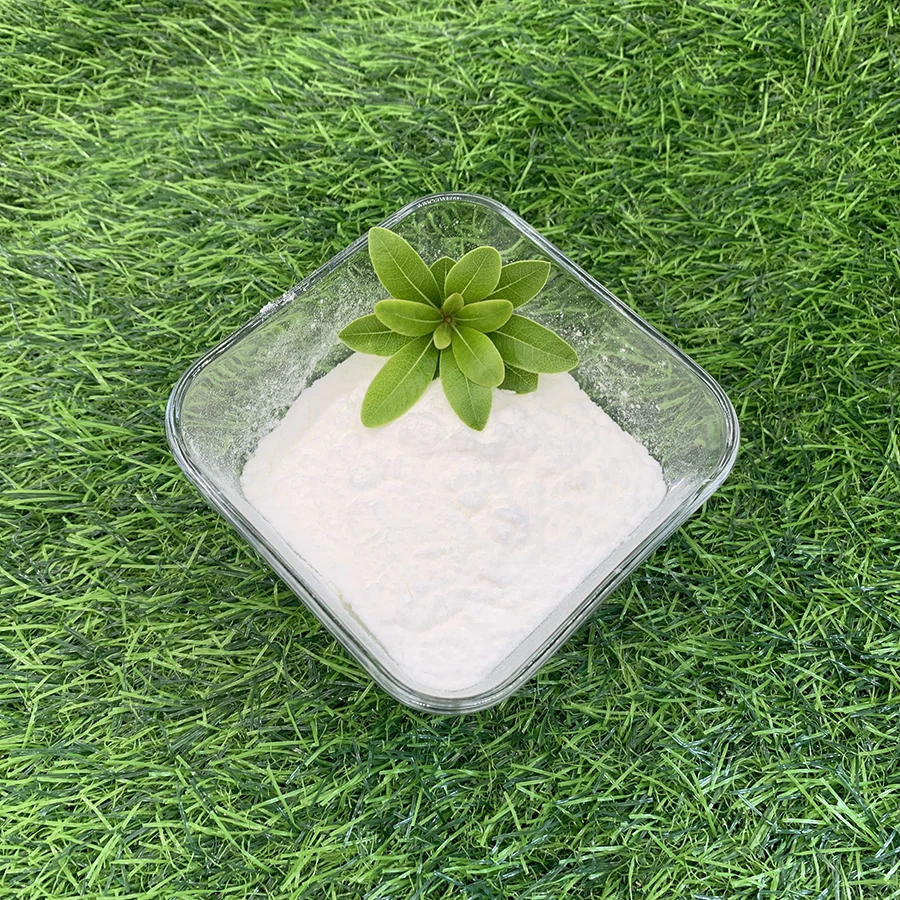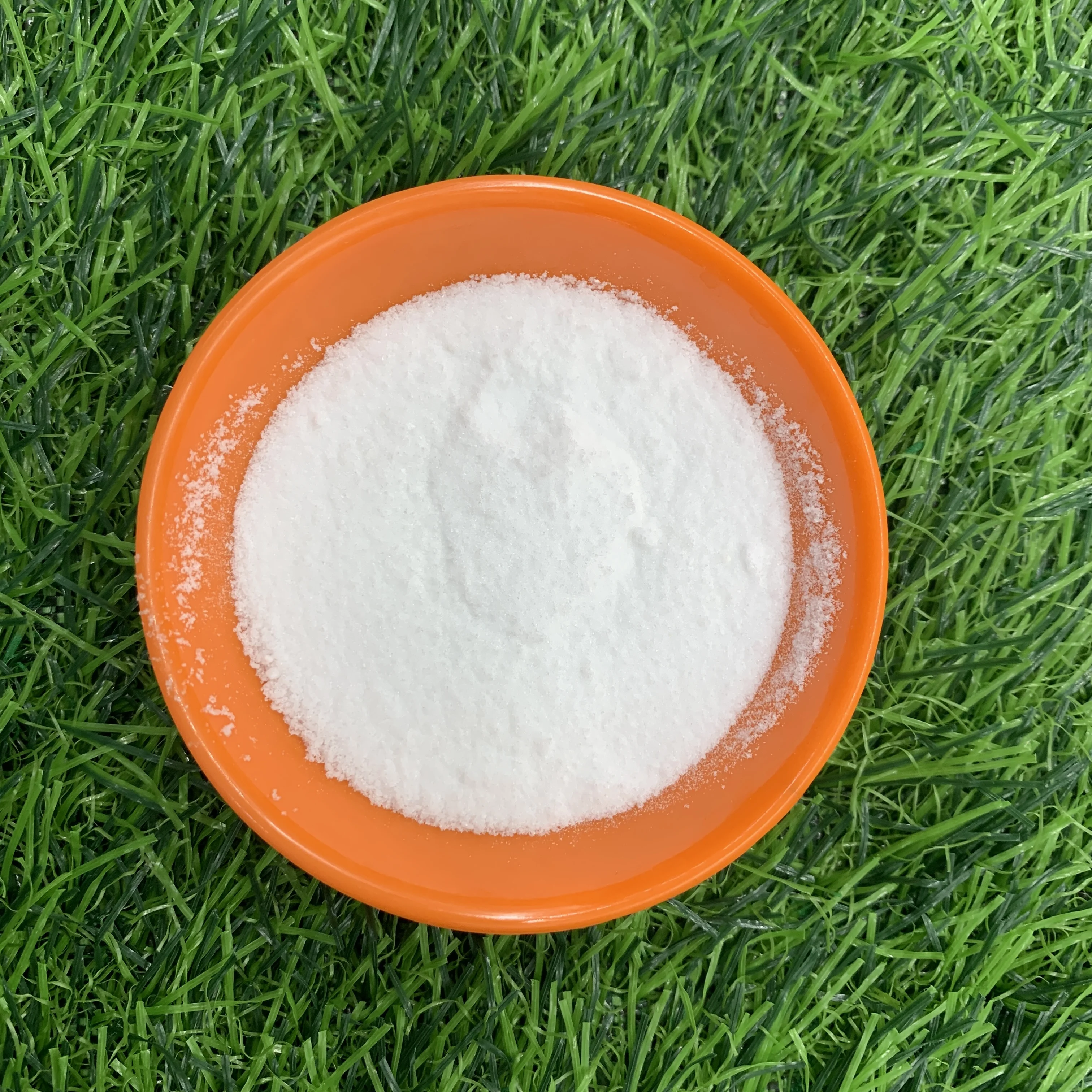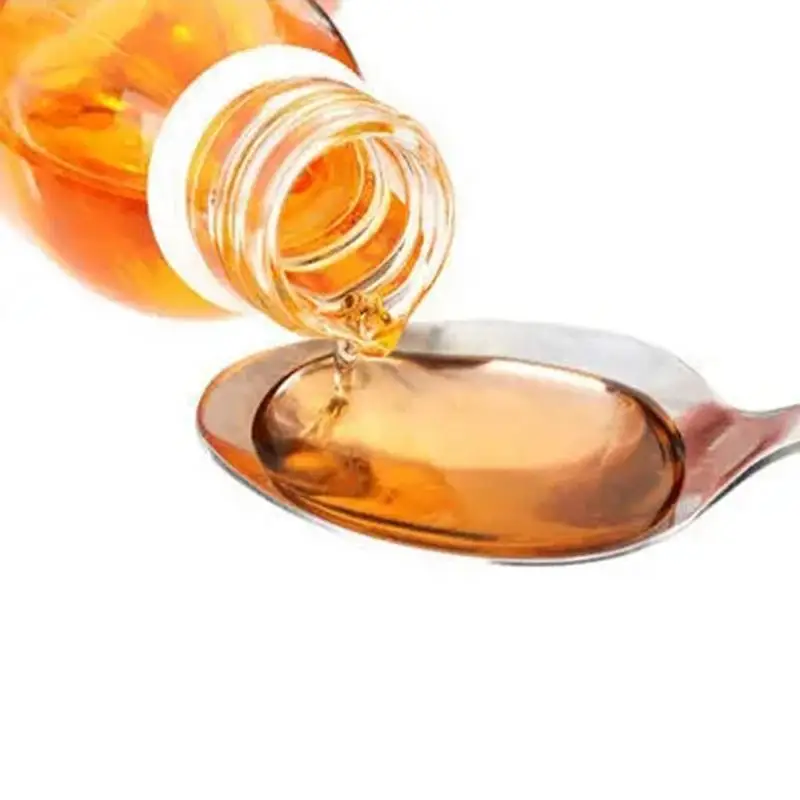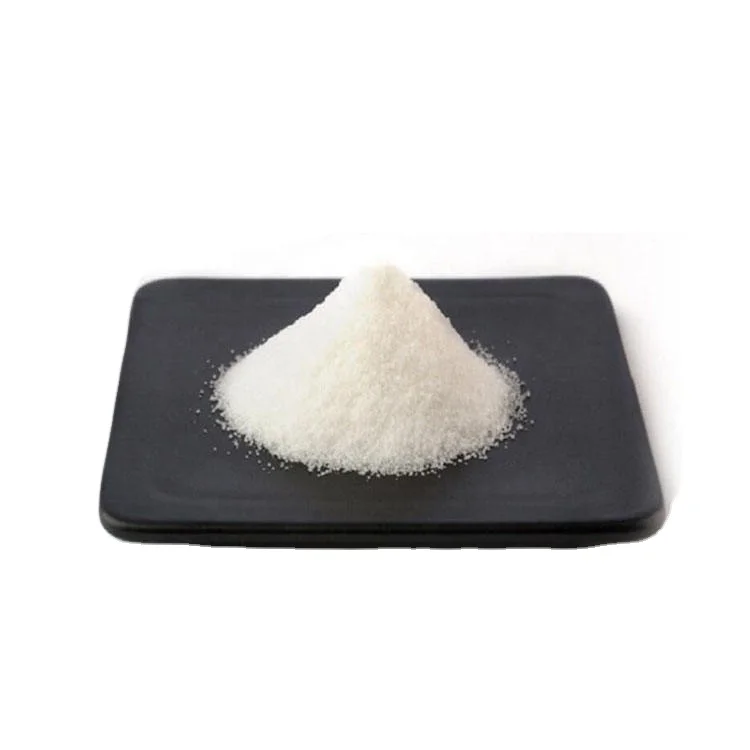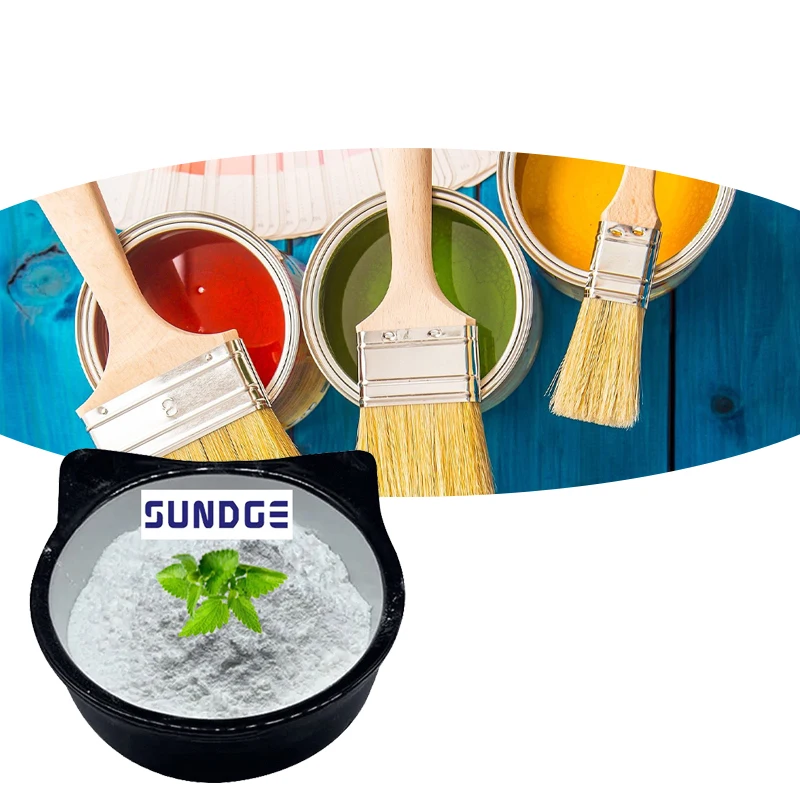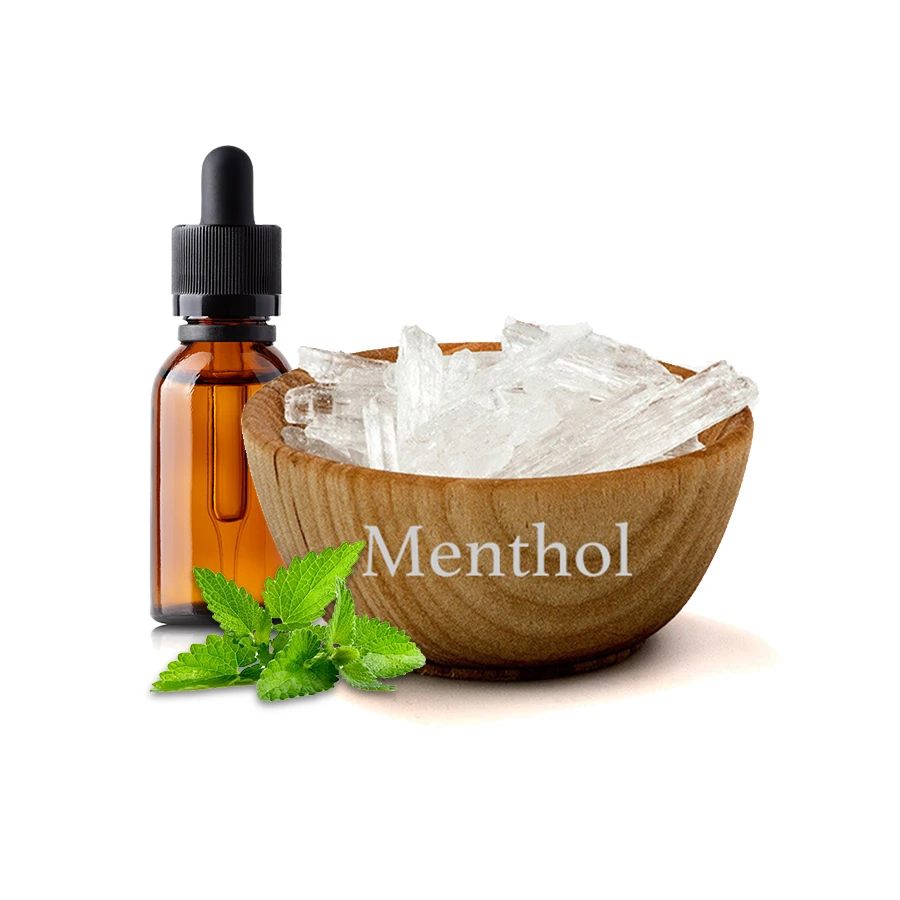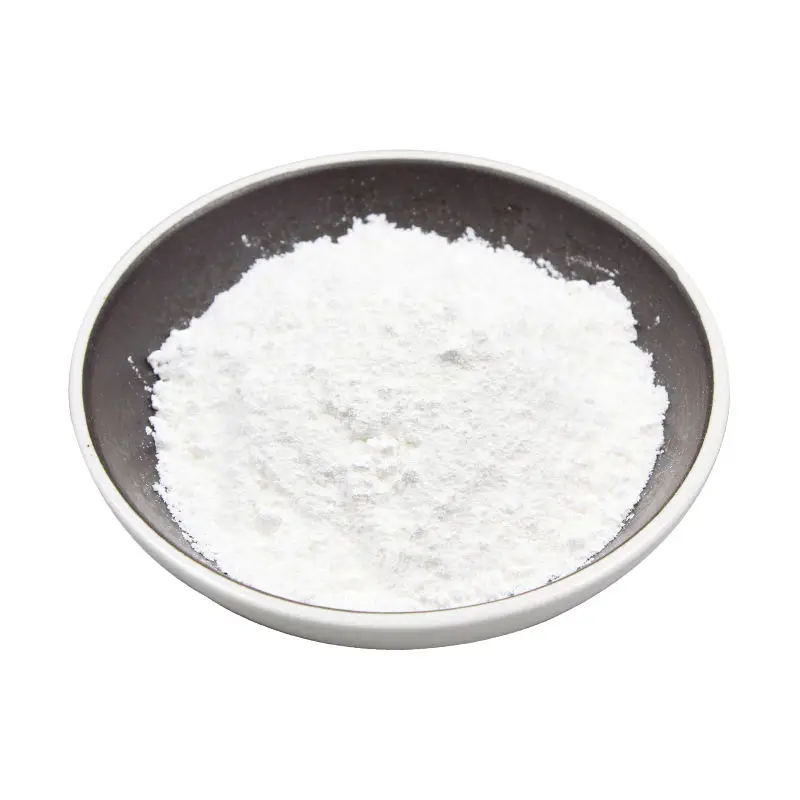
SUNDGE High sales volume Organic Sorbitol Powder Factory Supplied Bulk Food Grade Sweetener with CAS50-70-4 Flavor Intermediate
- Overview
- Inquiry
- Related Products

Products Description
The chemical name is 1,2,3,4,5,6-hexanol, with the chemical formula C6H14O6 and a relative molecular weight of 182.17 (according to the 2007 international relative atomic weight). It has two optical isomers, D and L, and is widely distributed in natural plant fruits. It is often used as a sweetener, loosening agent, and moisturizing agent in food..
Product Name | Sorbitol |
Synonyms | Sorbitolum |
CAS No | 50-70-4 |
Molecular Formula | 200-061-5 |
Type | Food additives |
Model | Food grade |
Package | Bulk package: 25 kg per barrel OEM: customized |
Product Specification | customized |
Service | ODM Private Label |
Samples | available |


Application
daily chemical industry:
Sorbitol is used as an excipient, moisturizer, and antifreeze in toothpaste, with a dosage of up to 25-30%. It can maintain the lubrication of the paste, with good color and taste; As an anti drying agent in cosmetics (replacing glycerol), it can enhance the stretchability and lubricity of emulsifiers and is suitable for long-term storage; Sorbitan fatty acid esters and their epoxyethane adducts have the advantage of low skin irritation and are widely used in the cosmetics industry.
Sorbitol is a widely used chemical raw material. Dehydration, hydrogenation, esterification, condensation with aldehydes, reaction with epoxides, and polymerization of synthesized monomers or composite polymerization with multiple monomers to form a series of new products with excellent performance and special functions.
Sorbitan fatty acid esters and their epoxyethane adducts have the advantage of low skin irritation and are widely used in the cosmetics industry.
Sorbitol and epoxy propane can be used to produce polyurethane rigid foam with flame retardancy, or it can be used with synthetic fatty acid to produce alkyd resin paint instead of oil. Sorbitol rosin resin is a common raw material for building coatings. Sorbitol grease is used as a plasticizer and lubricant in polyvinyl chloride resins and other polymers, as well as as as a plasticizer, lubricant, and concrete water reducer in building coatings.
Sorbitol is complexed with iron, copper, and aluminum ions in alkaline solutions and is used for bleaching and washing in the textile industry.
Sorbitol is also used in the field of electrochemistry. A uniform, smooth, and crack free platinum colored zinc copper coating can be obtained by electrodepositing zinc copper using alkaline sorbitol as a medium. Adding sorbitol as a complexing agent during copper electroplating helps to form a copper film with small particle size and strong adhesion. Zhang et al. used Ni/HZSM-5 as a catalyst to catalyze the preparation of bio gasoline from sorbitol under liquid phase conditions.
The secondary dehydration product of sorbitol - isosorbitol, as a new type of bio based material, is widely used in fields such as food, cosmetics, medicine, plastics, and polymers . Isosorbitol is an important intermediate in the preparation of Span and Tween surfactants. One of the current research hotspots in the application of isosorbitol is its use as a comonomer for the modification of polymers such as polyether, polyol, polyurethane, and polycarbonate, which can significantly improve the high-temperature performance and impact resistance of polymers .
The pharmaceutical industry
Sorbitol can be used as a raw material for the production of vitamin C; It can also be used as a raw material for syrup, intravenous infusion, pharmaceutical tablet pressing, as a drug dispersant, filler, cryoprotectant, anti crystallization agent, traditional Chinese medicine stabilizer, wetting agent, capsule plasticizer, sweetener, ointment matrix, etc. [4]. Barrett et al. synthesized a UV curable polyester using acrylic acid as a dicarboxylic acid and sorbitol as an alcohol. In vitro cytotoxicity tests on Swiss albino mouse 3T3 fibroblasts (SAFs) showed a high cell survival rate. Teng et al. used sorbitol as an initiator and tin octanoate as a catalyst to prepare a six armed star shaped poly (L-lactic acid) s-PLLA as a controlled release drug carrier for hydrophobic drug molecules through cyclization polymerization of l-lactic acid.
Food industry:
Sorbitol has a cool and sweet taste, accounting for 60% of the sweetness of sucrose. Its calorific value is similar to that of sucrose, and its combustion heat is -3025.5KJ/mol. 1g of sorbitol produces 16.7kJ of heat in the human body. Eating too much sucrose will cause dental caries in children, and it has great health hazards for patients with diabetes, obesity and other diseases. However, sorbitol is not used by some bacteria, and is an important raw material for producing sugar free candy and various caries prevention foods . Sorbitol in the metabolic process is not controlled by insulin and has no effect on blood glucose levels . In the food industry, sorbitol solution (with water as the solvent) with a content of 69 to 71% is commonly used.
The more hydroxyl groups in carbohydrates, the better the effect of inhibiting protein freezing denaturation. Sorbitol contains 6 hydroxyl groups and has strong water absorption ability. It can combine with water through hydrogen bonding, reduce the water activity of the product, and maintain the flavor and quality of the product. By strongly combining with water, sorbitol can reduce the water activity of the product, thereby limiting the growth and reproduction of microorganisms. Sorbitol has a chelating effect, which can combine with metal ions to form chelates, thereby maintaining internal moisture and preventing metal ions from binding with enzyme activity, reducing protease activity. For frozen storage, sorbitol as an antifreeze can reduce the formation of ice crystals, protect cell integrity, and prevent protein denaturation. When combined with other preservatives such as composite phosphates, the antifreeze effect can be further improved . In the processing of aquatic products, sorbitol is also widely used as a water activity reducing agent to improve the storage period and quality of products . The compound antifreeze group (1% composite phosphate+6% trehalose+6% sorbitol) significantly improved the binding ability of shrimp with water , and effectively inhibited the damage of ice crystals to muscle tissue during freeze-thaw process . The combination of L-lysine, sorbitol, and low sodium substitute salts (20% potassium lactate, 10% calcium ascorbate, and 10% magnesium chloride) can improve the quality of low sodium substitute salt conditioned beef .
As the mass fractions of sorbitol and maltitol increase, the aging enthalpy, crystallization rate, and relative crystallinity of corn starch gradually decrease; During storage, the addition of sorbitol and maltitol significantly enhanced the diffraction peak of corn starch at 2 θ=20 °, and the honeycombed pores of starch gel network structure became larger and the pore wall became thicker, indicating that the addition of sorbitol delayed the aging of corn starch; The gelatinization temperature of corn starch increases after adding sugar alcohols . Sorbitol does not contain aldehyde groups and is not easily oxidized. When heated, it does not react with amino acids to form a Maillard reaction. It has certain physiological activity and can prevent the denaturation of carotenoids, edible fats, and proteins. Adding this product to concentrated milk can extend the shelf life and improve the color, aroma, and flavor of the small intestine. It has a significant stabilizing and long-term preservation effect on fish sauce. It also has a similar effect in jam and preserves. It can prevent the precipitation and crystallization of sugars, salts, etc., maintain a balance of sweetness, acidity, and bitterness intensity, enhance the flavor of food, and because it is a non-volatile polyol, it also has the function of maintaining the aroma of food .




Recommend Products
Customer Feedback

Certifications






Company Profile





FAQ
* Q1:Can I get free sample before bulk order?
* We can accept sample order before bulk order, FREE SAMPLES of some products can be sent on request.
* Q2: How to confirm the products quality before placing orders?
* We have strict quality control for every shipment and have various certificates in the industry.
* Q3:How will you deliver the goods?
* We have strong cooperation with DHL, FEDEX, TNT, EMS, China Air Post.
For bulk products, we can ship it by air to your airport or directly to your door. For container products, we can do sea shipping. You also can choose your own shipping forwarder.
* Q4: How about the packing?
* Usually we provide the packing as 25 kg / bag or carton. Of course, if you have special requirements on them, we will according to you.
* Q5: How to gaurantee the after-sale?
* If any problem happens after sale, either quality or quantity, we will try to solve it instantly. and we even have recall
system if necessary.
system if necessary.

 EN
EN
 AR
AR
 NL
NL
 FI
FI
 FR
FR
 DE
DE
 EL
EL
 HI
HI
 IT
IT
 JA
JA
 KO
KO
 NO
NO
 PL
PL
 PT
PT
 RO
RO
 RU
RU
 ES
ES
 SV
SV
 CA
CA
 TL
TL
 IW
IW
 ID
ID
 SR
SR
 UK
UK
 VI
VI
 SQ
SQ
 ET
ET
 HU
HU
 TH
TH
 TR
TR
 FA
FA
 MS
MS
 CY
CY
 BE
BE
 BN
BN
 BS
BS
 EO
EO
 LO
LO
 LA
LA
 MN
MN
